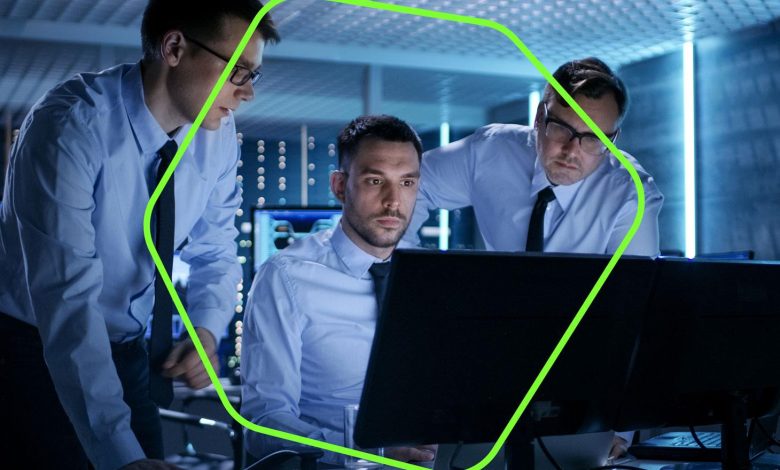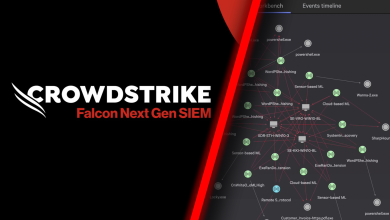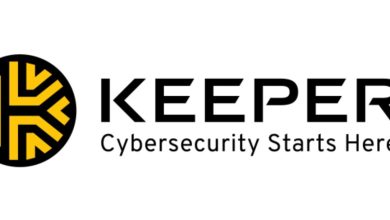Kaspersky Urges Malaysian Companies to Boost Cybersecurity Defences

Malaysia’s booming digital economy creates a high demand for skilled cybersecurity professionals. The specific skillsets needed for modern cybersecurity threats might not be readily available in the current talent pool.
The Digital Minister informed the Parliament in the last sitting on the need for Malaysia to maintain a high level of expertise in cybersecurity to face future threats. The Communications Minister also echoed that Malaysia faces a significant deficit of cybersecurity experts, with only slightly over 15,000 currently active within the industry.
Kaspersky business solutions blocked 2.5 million local threats targeting businesses in Malaysia during the period of January to December 2023. Statistics on local infections of user computers are an important indicator of the overall cyber threat landscape. They include objects that penetrated the target computer through infecting files or removable media or initially made their way onto the computer in non-open form.
The security solution also blocked 26.8 million online threats targeting businesses in 2023. Malaysia continues to see a significant number of attacks, averaging more than thousands a day. The attackers are also constantly developing new methods, such as financial phishing scams, ransomware attacks, and exploitation of unpatched vulnerabilities.
“It is known that Malaysia is short of cybersecurity experts, with the recommended number of cybersecurity personnel of 27,000 by 2025. Our own survey also found that 48% of companies require more than six months to find a qualified cybersecurity professional. Businesses in Malaysia are in dire need to beef up their cybersecurity posture against the escalating threats online and offline,” says Yeo Siang Tiong, General Manager of Southeast Asia at Kaspersky.
Kaspersky thinks there are signs suggesting that corporates will need to continue to invest and invest more in cybersecurity. The cybersecurity company shared a study done globally that the median cybersecurity budget was USD3.75 million for enterprises and USD375,000 for SMBs annually.
“The government has shared that many companies in Malaysia did not see the importance of investing in cybersecurity. The lack of focus and care for strong security protection render companies very susceptible to cyber threats, more so for those with hybrid and remote work arrangements. This can lead to costly financial and reputational damages in the event of a major attack,” adds Yeo.
Kaspersky’s study finds that four in ten companies globally plan to outsource their cybersecurity, with the shortage of qualified cybersecurity staff as one of the primary reasons.
Kaspersky recommends the following for businesses to fight cyberattacks even with limited cybersecurity staff:
- Upgrade cybersecurity solutions and use centralised and automated platforms such as Kaspersky Next, a new flagship of the B2B product line combining strong endpoint protection with the transparency and speed of EDR (Endpoint Detection and Response) and the visibility and powerful tools of XDR (Extended Detection and Response).
- As many AI solutions are built on containers, it’s important to secure the infrastructure they are integrated with cybersecurity products – such as Kaspersky Container Security – that allow companies to detect security issues at every stage of the app lifecycle, from development to operation.
- Train and upskill the Building a cyber-aware culture requires a comprehensive strategy that empowers employees to gain knowledge and put it into practice. While InfoSec professionals can advance their skills with Kaspersky Expert training, and defend their companies against attacks, IT support teams and the general workforce can also benefit from specialised training courses, such as those provided in the Kaspersky Automated Security Awareness Platform.
- Adopt secure-by-design principles. By integrating cybersecurity into each stage of the software development lifecycle, secure-by-design software and hardware become resilient against cyberattacks, contributing to the overall security of digital systems. Cyber Immune solutions based on KasperskyOS, for instance, allow companies to minimise the threat surface and significantly decrease the ability of cybercriminals to perform a successful attack.
- Meet regulations to avoid legal problems or reputational damage, by ensuring your cybersecurity practice meets changing standards and legal requirements.




